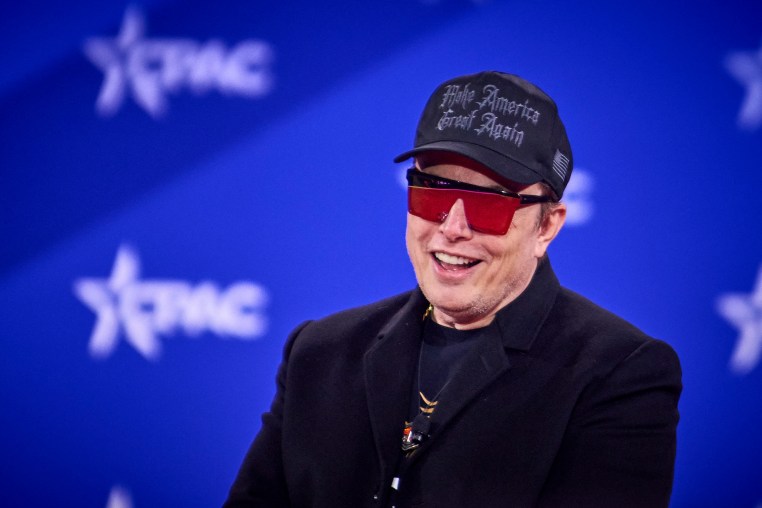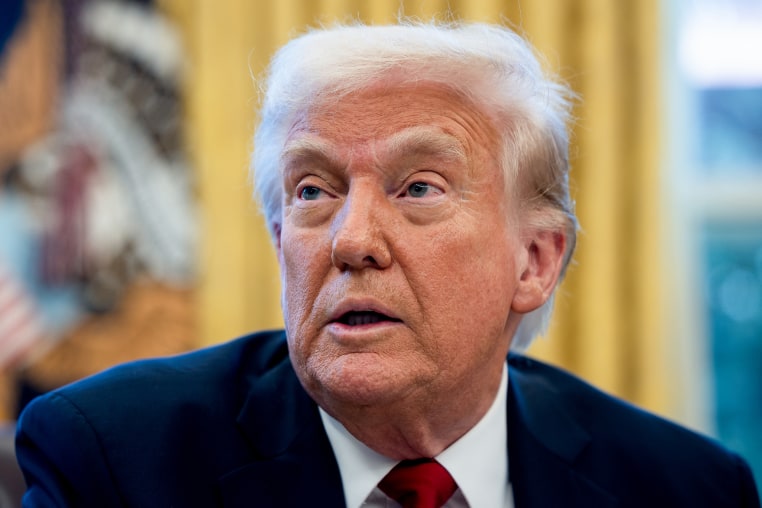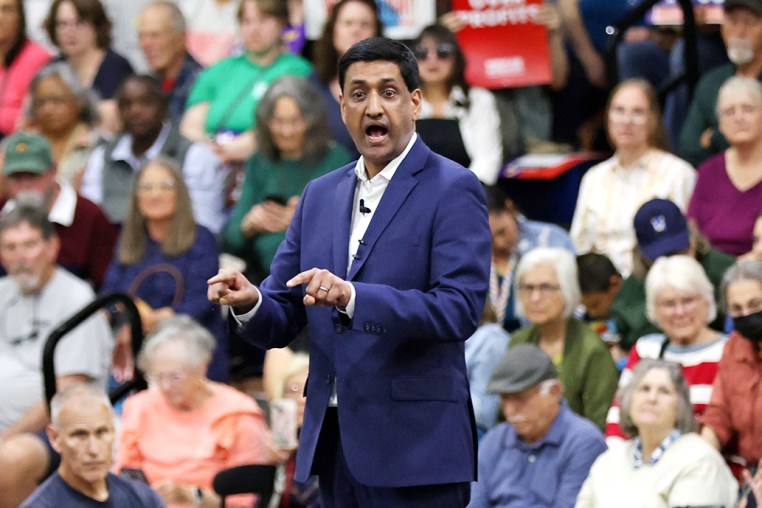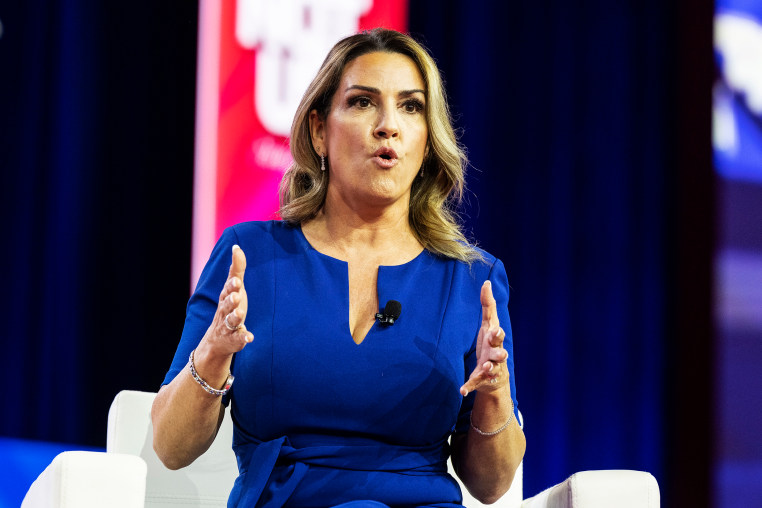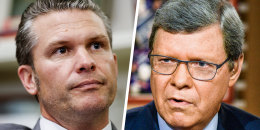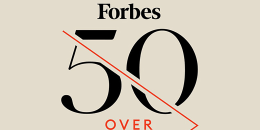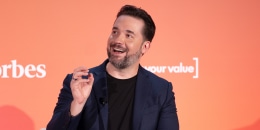After Elon Musk ordered 2 million federal workers to send a bullet-pointed list of five things they accomplished the previous week, social media filled with mock replies.
"Dear manager, this week: (1) I'm never gonna give you up (2) Never gonna let you down (3) Never gonna run around and desert you (4) Never gonna make you cry (5) Never gonna say goodbye..." went one response, alongside a GIF of singer Rick Astley.
To be clear, I did not laugh — but I appreciated the joke. "Rickrolling" has been around since George W. Bush was president, but somehow it seemed like the most appropriate response to an absurd demand from the putative head of the DOGE effort to cut the federal workforce. Musk, after all, made the demand on a Saturday, threatened to fire anyone who didn't respond by Monday, and then backtracked as agency heads instructed staff not to do it. Absurdity, meet absurdity.
In fact, resistance to the second Trump administration appears to be leaning more heavily on humor than it did in his first term. For now, at least, humor may be their most effective tactic.
While the "resistance" to the first Trump administration was centered on massive rallies, knitted hats, and threads about "game theory," the current one is more about biting wheatpaste posters and goofy internet humor.
Critics started using the absurd phrase "Trump take egg" to highlight empty shelves.
With grocery prices rising despite Trump's campaign pledge, critics started using the absurd phrase "Trump take egg" to highlight empty shelves. Others borrowed from a tactic used on gas pumps during the Biden administration to post stickers of Trump saying “I did that” next to high prices in grocery stores. Still others created a poster of Musk doing his stiff-armed salute from a Tesla alongside the words "Goes from 0 to 1939 in 3 seconds" and updated World War II posters saying, "When you ride alone, you ride with Hitler" to reference Musk.
The most vicious mockery appeared Monday on internal monitors at the Housing and Urban Development Department headquarters: an AI-generated video of Trump kissing Musk's bare feet with the words "Long live the real king."
You don't have to find these laugh-out-loud funny to appreciate how humor is being used to make serious points about Trump's economic policies and Musk's troubling political influence. And because they have a light touch, they are more likely to break through to uncommitted voters than another self-serious speech by a Democratic member of Congress seen only on C-SPAN.
Humor has long been a part of modern American protest movements, from political cartoons targeting Hitler to Dick Gregory alternating between comedy sets and civil rights protests, to the countercultural protesters trying to levitate the Pentagon during the Vietnam War and AIDS activists putting a giant condom on Sen. Jesse Helms' house.
Protesters who are shut out of the normal channels of politics often find that humor is their only way to get attention.
As in the rest of life, this humor is often born from desperation. Like a lonely kid who starts cracking jokes to make friends, protesters who are shut out of the normal channels of politics often find that humor is their only way to get attention. That's especially true right now, as the daily barrage of news from the White House overwhelms the ability to make sense of it. A pointed joke can briefly commandeer the spotlight.
Even the Trump administration has tried to leverage humor as well. The White House posted a Valentine's Day message on its social media accounts: "Roses are red, violets are blue, come here illegally, and we’ll deport you." It also posted a SpongeBob meme featuring a federal worker whose bullet points included "cried about Trump" and "cried about Elon." And Trump had a mocking reaction to being asked if he'd visit the site of a plane crash over the Potomac River: "You want me to go swimming?"

But these were not the quips of a powerless kid in the back of the class. They were the jokes of the school bully, punching down on people who are being torn from their homes, losing jobs they love or mourning the death of their loved ones. They aren't funny; they're just nastiness borrowing the clothes of humor.
For a guy who loves making harsh jokes, though, Trump is terrible at taking them. Over the years, he's attacked "Saturday Night Live," late-night hosts Seth Meyers, Stephen Colbert and Jimmy Kimmel and alleged comedian Bill Maher for making jokes about him, often arguing that the government should somehow be able to stop them.
That just makes humor an even more effective tool against him. The likelihood that Trump will respond to a joke at his expense — inadvertently giving it a huge publicity boost — is pretty high. And if he does indeed start to use government resources to target comedians, he'll only reveal himself as a thin-skinned authoritarian and invite more criticism. Because when you attack comedy, the joke is always on you.





